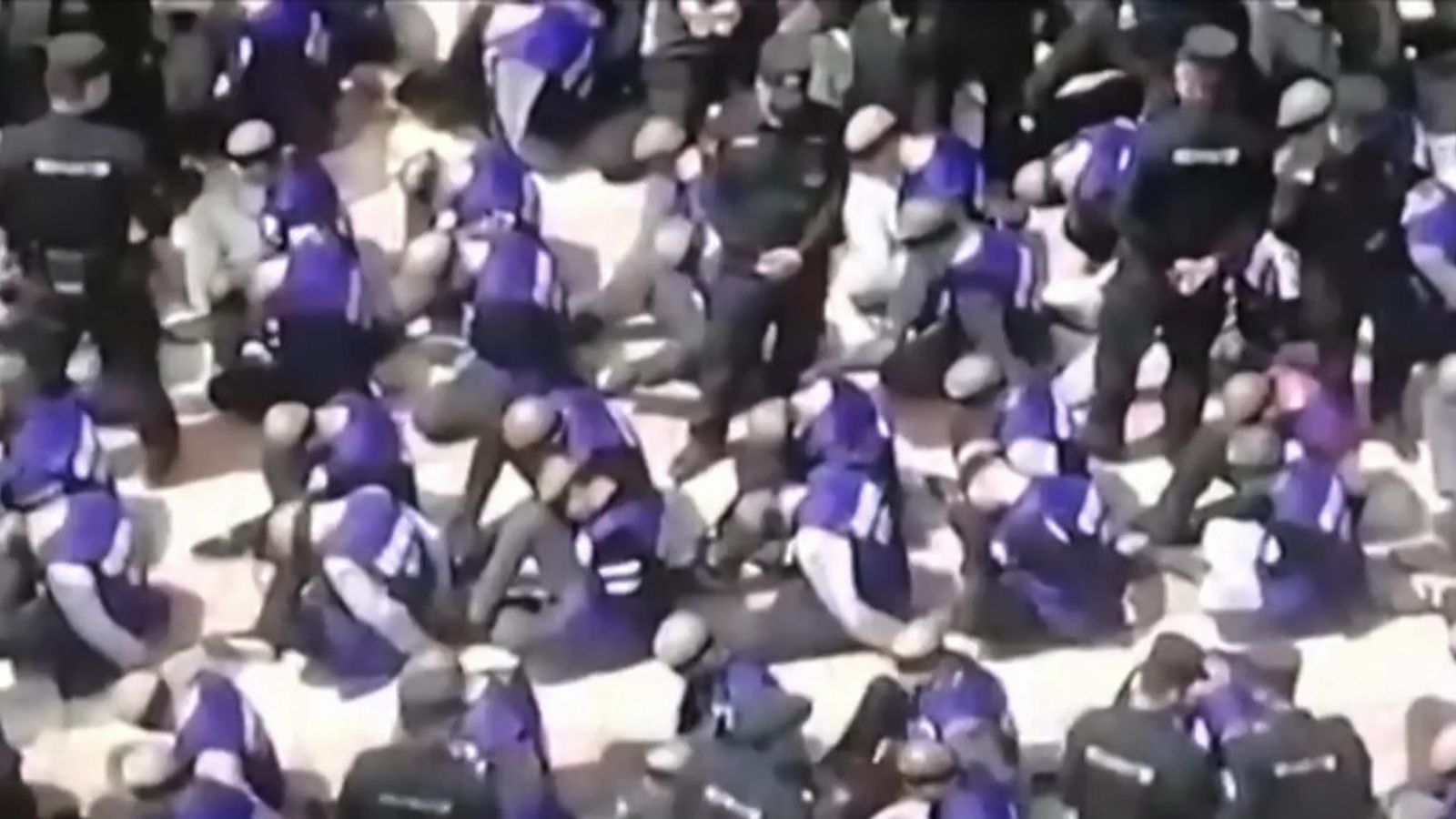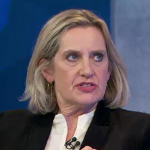MPs have declared that Uighurs and other ethnic and religious minorities in China’s Xinjiang region are being subjected to genocide.
The House of Commons on Thursday approved a motion calling on the government to act to fulfil its obligations under international human rights law.
Although the motion passed by MPs is non-binding on the government, it will increase pressure on ministers to take a harder stance over the issue.
In January, the US declared China had committed genocide in its repression of the Uighurs, while national parliaments in Canada and the Netherlands have also made the same declaration.
But Prime Minister Boris Johnson has said, for the UK, the attribution of genocide is a matter for the courts.
During Thursday’s debate in the Commons, former Conservative leader Sir Iain Duncan Smith urged the government to “rethink their position”.
“We will not gain any particular friendship by not calling out genocide from the Chinese,” he told MPs.
“It is simply not a tradable item. The UK government has said endlessly – and I understand this – that only a competent court can declare genocide, that is absolutely the original plan.
“But the problem is that getting to a competent court is impossible.
“At the United Nations it is impossible to get through to the International Court of Justice, it is impossible to get through to the International Criminal Court as China is not a signatory to that and therefore will not obey that.”
Sir Iain told MPs that trying to get China to sign up to international pledges on climate change should not be a “balancing point” when considering whether to take action over Beijing’s treatment of Uighurs and other minority groups.
“These are all abuses which must be called out,” he added.
“Whether or not we need China to cooperate on other matters, we cannot simply say that one matter is worth some sacrifice over the other. It is not.”
Please use Chrome browser for a more accessible video player
In his contribution to the debate, the ex-Tory leader also referenced Sky News’ Asia correspondent Tom Cheshire’s recent reporting about the treatment of Uighurs working in other parts of China.
Conservative former minister Nus Ghani, who moved the motion in the Commons on Thursday, acknowledged some MPs were “reluctant to use the word genocide”.
“For many, the word will forever be associated with the horrors of the Nazi concentration camps and I agree with colleagues that we should never diminish the unique meaning or power of this term by applying it incorrectly,” she said.
“But there is a misunderstanding that genocide is just one act – mass killing. That is false.”
Ms Ghani – who was among five MPs China recently imposed sanctions on for “lies and disinformation” about the country – said genocide concerns intent to “destroy in whole or in part” a national, ethnic, racial or religious group.
“All five criteria of genocide are evidenced as taking place in Xinjiang,” she added.
Liberal Democrat foreign affairs spokeswoman Layla Moran said: “If we end up being proved to be wrong because an independent, UN inspector goes in and is allowed to do their work and it’s shown that we all got the wrong end of the stick, then I would welcome that.
“But I would rather be wrong now than be on the wrong side of history later.”
Please use Chrome browser for a more accessible video player
Speaking on behalf of the government in the Commons, Foreign Office minister Nigel Adams highlighted how the UK recently sanctioned Chinese officials over activities in Xinjiang.
He also pointed to UK export controls on goods from Xinjiang, the government’s calls for the UN’s high commissioner for human rights to have “urgent and unfettered access” to the region, and joint international action against China.
But Mr Adams repeated that the UK’s “longstanding position, like many countries around the world, is that determining whether a situation amounts to genocide or crimes against humanity is an issue for competent national and international courts”.
In April 2016, MPs previously voted to say the Yazidis suffered genocide at the hands of Islamic State.
After her motion was approved by MPs, Ms Ghani said: “China’s attempt to intimidate parliament into silence has backfired.
“The elected House has spoken and chose to stand shoulder-to-shoulder with our international allies, the Uighur people, and all those who have been sanctioned.
“Our hard won parliamentary democracy will always stand up for what is right and remain free from foreign interference.”
#Ms Ghani’s motion stated: “That this House believes that Uighurs and other ethnic and religious minorities in the Xinjiang Uighur autonomous region are suffering crimes against humanity and genocide; and calls on the government to act to fulfil its obligations under the Convention on the Prevention and Punishment of Genocide and all relevant instruments of international law to bring it to an end.”






















